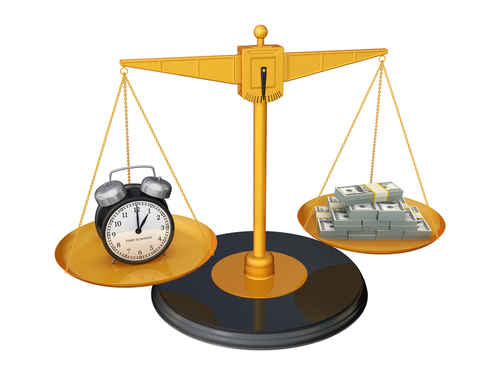 On June 7, 2010, in a unanimous decision, the United State Supreme Court reversed the Eleventh Circuit in Krupski v. Costa Crociere S.p.A., holding that relation back under Fed. R. Civ. P. 15(c)(1)(C) depends on what the party to be added knew or should have known, not on the amending party’s knowledge or timeliness in seeking to amend the pleading.
On June 7, 2010, in a unanimous decision, the United State Supreme Court reversed the Eleventh Circuit in Krupski v. Costa Crociere S.p.A., holding that relation back under Fed. R. Civ. P. 15(c)(1)(C) depends on what the party to be added knew or should have known, not on the amending party’s knowledge or timeliness in seeking to amend the pleading.
In Krupski v. Costa Crociere S.p.A, Petitioner Krupski sought compensation for injuries she suffered while on a cruise. Her passenger ticket, which was issued by Coast Cruise Lines and listed respondent Costa Crociere S.p.A. as the carrier. In addition, it required written notice of the claim to the carrier or its agent, required any lawsuit to be filed within one year of the injury and designated a specific federal district court as the exclusive forum for such suit. The front of the ticket listed Costa Cruise’s Florida address and made references to “Costa Cruises.”
After Krupski’s counsel notified Costa Cruise of her claims but did not reach a settlement, Krupski filed a diversity negligence action against Costa Cruise. During the next few months the limitations period expired and after this limitations period had ended, Costa Cruise brought Costa Crociere’s existence to Krupski’s attention three times, including in its responsive pleading and a motion for summary judgment.
Krupski responded and moved to amend her complaint to add Costa Crociere as a defendant. The district court allowed Krupski to amend her complaint and dismissed Costa Cruises. Later the court dismissed Costa Crociere (who had the same attorney as Costa Cruises to represent its interests) on the basis that the amended complaint did not satisfy the requirements of Federal Rule of Civil Procedure 15(c), which governs when an amended pleading "relates back" to the date of a timely filed original pleading and is thus timely even though it was filed outside an applicable limitations period.
The Rule requires that within the Rule 4(m) 120-day period for service after a complaint is filed, the newly named defendant “knew or should have known that the action would have been brought against it, but for a mistake concerning the proper party’s identity.” Rule 15(c)(1)(C)(ii). The District Court found this condition pivotal to Krupski’s attempt to relate back. The District Court held that she had not made a mistake about the proper party’s identity because, although Costa Cruise had disclosed Costa Crociere’s role in several court filings, she nonetheless delayed for months filing an amended complaint. The Eleventh Circuit agreed, finding that Krupski either knew or should have known of Costa Crociere’s identity as a potential party because she furnished the ticket identifying it to her counsel well before the limitations period ended. It was therefore appropriate to treat her as
having chosen to sue one potential party over another. Moreover, the 11th Circuit Court held that the relation back was not appropriate because of Krupski’s undue delay in seeking to amend the complaint.
The Supreme Court reversed the 11th Circuit Court’s holding in a decision authored by Justice Sotomayor. The Supreme Court found that Krupski made a mistake in failing to name Costa Crociere, despite being aware of its existence, and that her undue delay in amending the complaint has no bearing on whether the amended complaint relates back under Rule 15(c). The language in Rule 15(c) results in a remarkable distinction with discretion offered under Rule 15(a), which does allow a court to consider delay in deciding whether to grant a motion to amend a pleading to add a party or a claim. The question under 15(c) is what the prospective defendant reasonably should have understood about the plaintiff’s intent in filing the original complaint against the first defendant. The plaintiff’s post-filing conduct is otherwise irrelevant to whether an amended complaint relates back. Thus, The Supreme Court’s holding illustrates that the relation back under Rule 15(c)(1)(C) depends on what the party to be added knew or should have known, not on the amending party’s knowledge or timeliness in seeking to amend the pleading.



